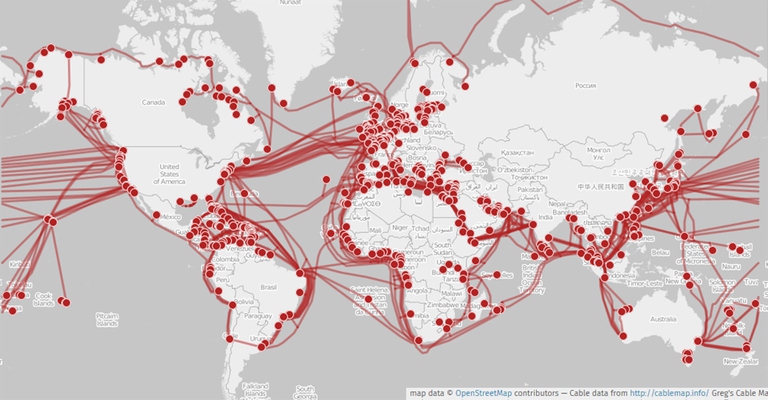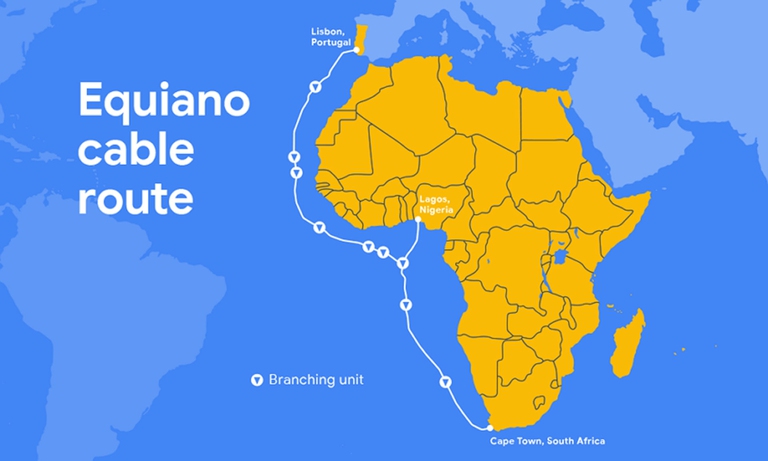https://www.lifegate.it/africa-connessione-internet
- |
In 2006 US Senator Ted Stevens he called the internet “a series of tubes,” an expression that became a meme with which many mocked the Alaskan politician's limited understanding of the topic.However superficial it may be, however, the idea of seeing the internet as a network of pipes - or rather, of large cables - is not so misleading:the site Submarine cable map offers a map of all the cables that connect islands and continents, in a very dense mesh of infrastructures essential for the functioning of the contemporary world.

An internet connection for Africa
In recent years, however, many companies have tried alternative methods to the cable, often in vain.Of course, alternatives exist, but the physical connection still remains the norm. Google, for example, it launched in 2015 Project Loon, with which he aimed to provide ultra-fast connections to every corner of the world using hot air balloons (the project was partly shelved, partly converted into another experimental project, called Project Taara).
And then there is Starlink, the system of small satellites that the SpaceX Of Elon Musk is launching into low Earth orbit with the intention of connecting the entire world.They are fascinating and futuristic projects;and yet, the internet continues to be, despite everything, "a series of pipes".Cables that, today, point to a huge, poorly connected and developing continent.
THE'Africa it is in fact at the center of two initiatives undertaken by Google And Half (name of the group that includes Facebook), to connect a continent that today is the least connected in the world and is therefore very tempting for technological giants.For this reason too, yes Equiano That 2Africa – the names of the Google and Meta projects, respectively – focus on the west coast of the continent, near Nigeria, which with its growing economy and its 200 million inhabitants represents a crucial point in the connection of Africa.

Technological, economic and political power
These cables will be added to existing ones but would give the two companies a huge competitive advantage throughout Africa, ensuring very fast connections compared to those available today.The companies of the so-called Big tech they have demonstrated that they understand the role that these infrastructures have for their future, especially in the global south, an area with high population growth and still poorly connected.According to the site Rest of the world, Google, Meta, Microsoft and Amazon are investing heavily in the sector:by 2024 they will have – in whole or at least in part – 30 connections of this type around the world.If the official press releases of the companies in question underline the need for these types of connections ("connecting humanity") and the development opportunities offered, it is also clear that cables represent an enormous form of technological, economic and political power for Big tech.The reason is clear:they are the key to the future development of society and belong to a handful of companies that with this type of investment ensure their presence in the lives of hundreds of millions of people.And, above all, of users.
